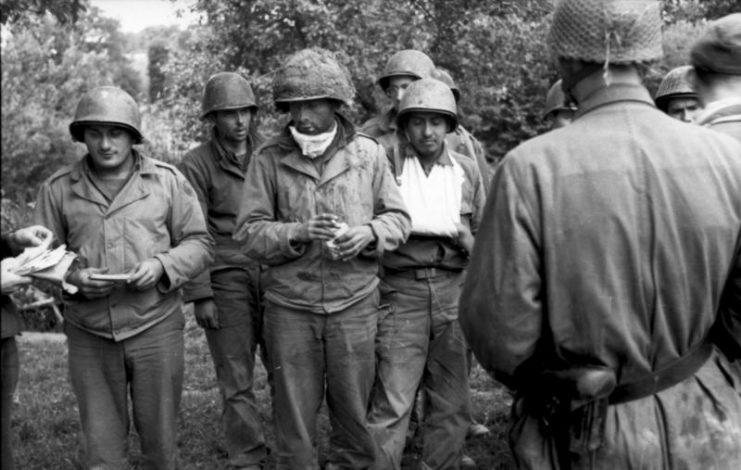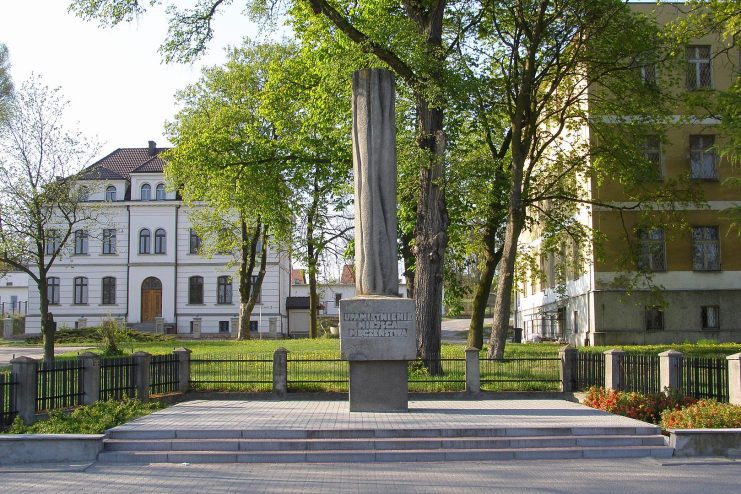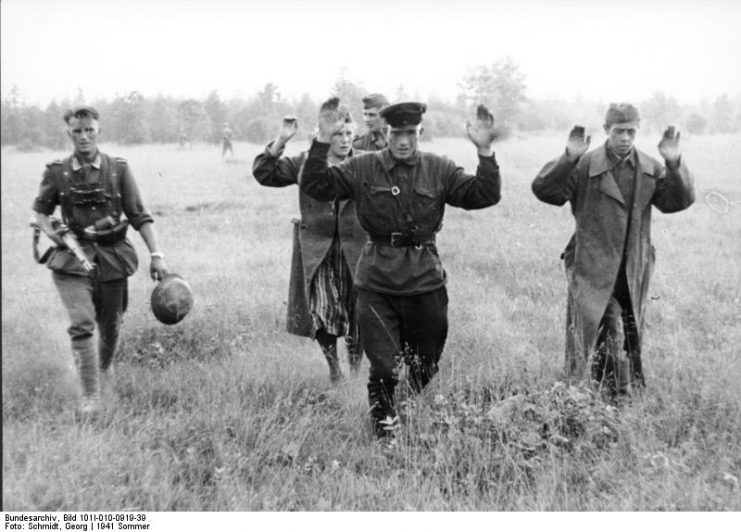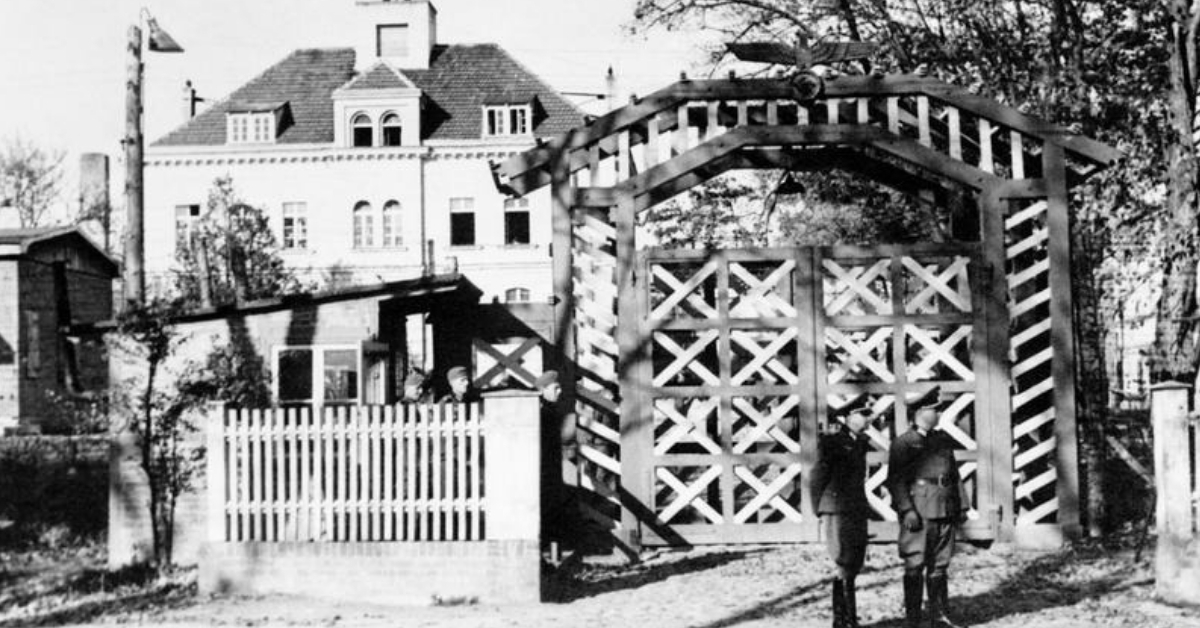Szubin, Poland. September 24, 2019. The Polish-American Foundation for the Commemoration of POW Camps in Szubin will illuminate the experiences of the thousands of Allied prisoners-of-war who the Germans incarcerated in this small town in northwest Poland.
The foundation’s research, educational outreach, and commemorative projects, will explore these histories, as well as those of the brave Polish citizens who risked their lives to assist the POWs. The future museum will be built on the site of the last remaining brick POW barracks in Szubin and will elaborate on the details of prison camp life, amidst the war that surrounded these men and their captors.
The newly established foundation, headquartered in Szubin, was created through a years-long collaboration between descendants of the American POWs held in Szubin and local Polish experts. This partnership is built upon the more than seventy years of individual friendships between the POWs themselves and the people of Szubin.

Daughter of ex-POW Wilbur Blaine Sharpe, Cindy Sharpe Burgess, is the organization’s founder. Mr. Sharpe, age 97, of Ashburn, Virginia, was a prisoner there from 1943-1945, and he observes: “Much suffering occurred but we persevered as best we were able. The experience left a mark in our hearts and minds and strengthened our character and resolve as we continued our lives after the war. Many Polish citizens risked their lives to assist us. We are eternally grateful for their acts of courage.”
From 1939 until 1945, the Germans imprisoned in Szubin the POWs of many Allied nations. They included those from Poland, France, the British Commonwealth, the USSR, and the USA. During those years, the Germans changed the camp name according to the camp’s function: Stalag XXI-B, Oflag XXI-B, and–for American Army officers–Oflag 64.

The history of these camps includes near-starvation, freezing temperatures, and the anguish of imprisonment. The POWs fought from behind the barbed wire, wielding weapons such as a secret radio, tunnel-digging, and communication with the Polish underground and Allied military intelligence.
In front of the Germans, they kept themselves busy and as fit as possible, through activities like sports teams, camp newspapers, and theater and music programs. Many POWs said that they owed their mental and physical survival to these activities, and the supplies and food sent by the YMCA and the International Red Cross.

The Foundation’s American members include descendants of ex-POWs of Oflag 64: Foundation Council Chairman Pat Waters (Mt. Pleasant, SC), son of Lt. Col. John Waters, (and grandson of General George S. Patton); Tom Cobb (Columbia, SC), son of 2nd Lt. George Cobb; Susanna Bolten Connaughton (Palo Alto, CA), daughter of 2nd Lt. Seymour Bolten; and Marlene Thompson McAllister (Tulsa, OK), daughter of 1st Lt. Robert T. Thompson.
To learn more and to support the Foundation, please visit http://www.szubinpowcamps.org/en/.
The Polish members include Foundation Board President Mariusz Winiecki of Szubin, Poland, local expert on the POW camps of Szubin; and Jan Daniluk, Ph.D., historian and scholar on WWII and the POW camps of occupied Poland.
